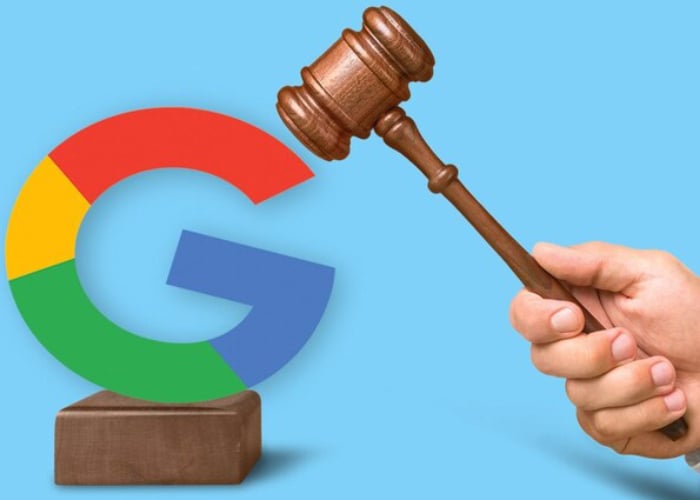
In a US court where the tech giant is on trial to defend itself against monopoly claims, new information about how much Google is ready to spend to be the preferred search engine has surfaced, according to BBC’s news report.
According to an expert testifying for Google, the company gives Apple 36 per cent of the advertising money it generates through Apple’s Safari web browser.
The essential issue in the monopoly case is the connection between the two businesses.
The prosecution claims that their transactions have unlawfully limited competition.
The lead lawyer for Google ‘visibly cringed’ when the specific share of ad revenue sent to Apple was revealed, according to Bloomberg.
Google has maintained that its dominance of online searches is due to having a superior product.
The high-stakes trial pitting Google against the US Department of Justice started in September.
Many of the proceedings have been shielded from public view, to protect trade secrets.
However, some details have been revealed.
Google paid more than $26bn to other companies, including Apple, Samsung and Mozilla, be installed as the default search engine, based on statements heard at the trial.
According to BBC news, analysts on Wall Street have estimated that amounted to more than $18bn for Apple alone.
One of the arguments put forth by Google in its testimony was that the large amounts of money paid by Google and its parent company Alphabet demonstrate the fierce competition in the market.
Kevin Murphy, a professor at the University of Chicago, disclosed the portion of advertising revenue Google sends to Apple from traffic on Safari.
Following a barrage of witnesses, which included Microsoft CEO Satya Nadella and Alphabet CEO Sundar Pichai, the trial is anticipated to conclude in the next few days.
Prosecutors from the US Department of Justice are seeking stiff penalties, including an end to anti-competitive practices.
A ruling against Google could have major implications for the tech industry, even if it falls short of a break-up of the company.
Judge Amit Mehta, who has been overseeing the proceedings, is not expected to rule on the case until early next year, said BBC.









